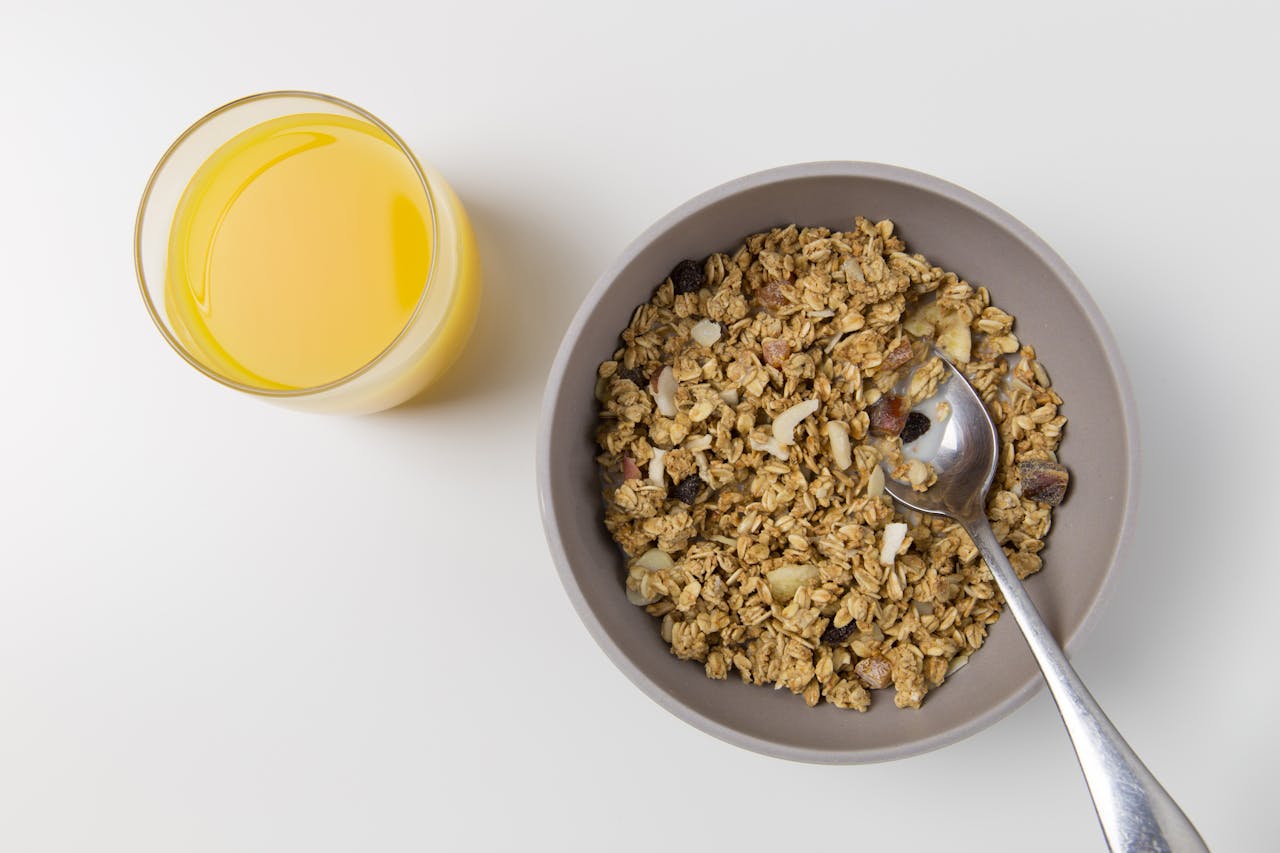By Alexandre Almeida, University of Cambridge; The Conversation

One type of co-excluder bacteria, called Faecalibacterium, stood out as particularly important. It produces chemicals called short-chain fatty acids by breaking down a variety of fibres in our diet. (Pexels Photo)
Our body isn’t just human — it’s home to trillions of microorganisms found in or on us. In fact, there are more microbes in our gut than there are stars in the Milky Way. These microbes are essential for human health, but scientists are still figuring out exactly what they do and how they help.
In a new study, published in Nature Microbiology, my colleagues and I explored how certain gut bacteria – a group known as Enterobacteriaceae – can protect us from harmful ones. These bacteria include species such as Escherichia coli (E coli). This is normally harmless in small amounts but can cause infections and other health problems if it grows too much.
We found that our gut environment — shaped by things like diet — plays a big role in keeping potentially harmful bacteria in check.
To reach this conclusion, we analysed over 12,000 stool samples from people in 45 countries. Using DNA sequencing technologies, we were able to identify and quantify the microbes detected in each sample. We found that the gut microbiome composition of people with Enterobacteriaceae was fundamentally different from those without.
By analysing these microbes and their genes, we could accurately predict (about 80% of the time) whether someone had Enterobacteriaceae in their gut. This showed us that the types of bacteria in our gut are closely tied to whether harmful species can take over.
Digging further we discovered two groups of bacteria: those that thrived alongside Enterobacteriaceae (so-called “co-colonisers”) and those that were rarely found together (“co-excluders”).
One type of co-excluder bacteria, called Faecalibacterium, stood out as particularly important. It produces chemicals called short-chain fatty acids by breaking down a variety of fibres in our diet. This in turn can stop harmful bacteria like Enterobacteriaceae from growing.
The presence of these fatty acids was one of the strongest signals we observed between co-excluders and co-colonisers. They have also been previously implicated in a wide range of health benefits, such as reduced inflammation and improved gut function.
Another intriguing observation from our study was that co-colonisers (bacteria that live alongside Enterobacteriaceae) were more adaptable. They had diverse abilities to break down different nutrients and were able to survive in environments that also suit Enterobacteriaceae.
This was especially surprising as previous studies in mice have argued that bacteria that eat the same types of foods and nutrients would have a hard time living together in the gut. This again pointed to the fact that the gut environmental conditions (nutrients, pH, oxygen level) are the main factors that determine whether a person is going to be colonised or not by Enterobacteriaceae in their gut.
More effective than probiotics
Our findings could lead to new ways to prevent and treat infections without antibiotics. For example, instead of killing harmful bacteria directly (which can also harm good bacteria), we could boost the co-excluders or create diets that support their growth.
This strategy may be more effective than taking probiotics directly, as new bacteria added to the intestinal tract have been previously shown to only live for a limited period in the gut. We could also target specific pathways that harmful bacteria use to survive, making them less of a threat.
While our research provides new and important insights, there’s still a lot to learn. Many regions, including parts of South America and Africa, are underrepresented in microbiome studies. This limits our understanding of how gut bacteria vary across different populations.
Also, while our study highlights important patterns and interactions, we don’t yet fully understand the causes and mechanisms behind these relationships.
Future research will integrate additional tools, such as metabolomics (studying chemicals microbes produce) and transcriptomics (studying how genes are activated), to create a clearer picture of how the gut ecosystem works for our health benefit.
In addition, the next steps should focus on designing studies to test whether specific types of diets (for instance, high fibre v low fibre) affect the incidence of potentially harmful bacteria and other diseases in the long term. By better understanding how microbes interact and communicate in our gut, we can develop more precise, non-antibiotic therapies to protect against infections in the future.![]()
Alexandre Almeida, Principal Investigator, University of Cambridge
This article is republished from The Conversation under a Creative Commons license. Read the original article.





















